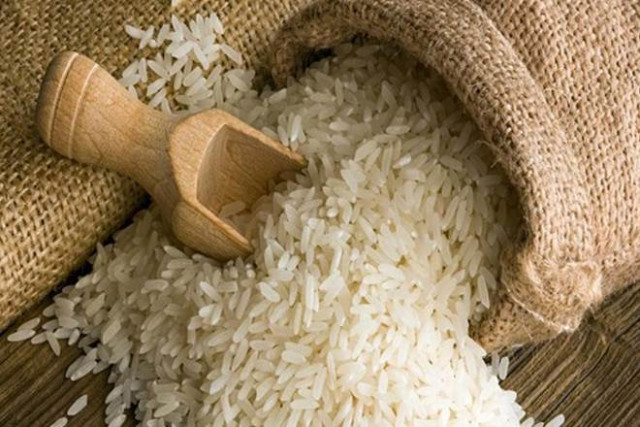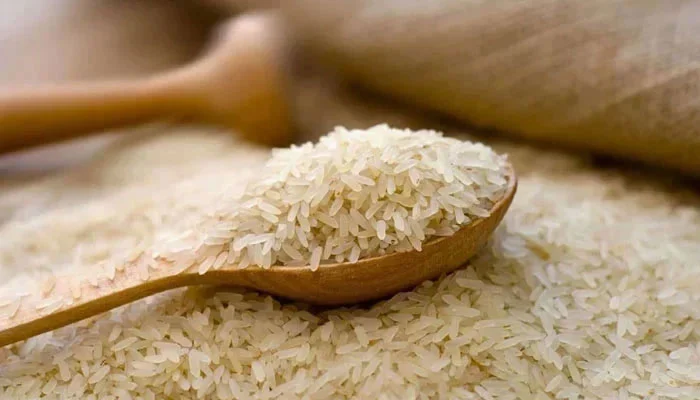Tags
Assam’s Mahan Chandra Borah pays tribute to rice
Borah belongs to a family of farmers whose only means of sustenance is agriculture.

Image used for representational purpose only.
By Prasanta Mazumdar
Express News Service
ASSAM: When Mahan Chandra Borah took to agriculture decades ago, he realised indigenous rice varieties were slowly vanishing. Thus, he decided to set up a ‘rice library’ to preserve indigenous paddy varieties, Prasanta Mazumdar reports
Getting to taste what our forefathers once had may bring us closer to them. Assam’s Mahan Chandra Borah has found a way to bring us closer to our ancestors. Not only is he conserving indigenous paddy varieties, but also spreading awareness on their conservation.
The 41-year-old began conserving this ‘heritage’ of Assam some 15 years ago when he introduced his unique “rice library”. From Karunkuruvai and Navara in southern India to Bao and Suagmoni in Assam, the Annapurna Rice Library at non-descript Kathgaon, a village in upper Assam’s Jorhat district, has over 500 rice varieties from across the country,. some indigenous to the Northeast while some from outside.

Borah, a graduate, believes heritage is not limited to historical structures or monuments but can be things our forefathers ate or worked with. This is one of the reasons he set up his quaint library.
“When we talk about Assam’s heritage, we think of the (Ahom-era) Rang Ghar, Moidam. Can’t our 15th century paddy varieties be our heritage? They could also be things of attraction,” he says.
Borah belongs to a family of farmers whose only means of sustenance is agriculture. After his father’s death, it fell upon him to run the family.
“Agriculture is what has kept us going. When I actively took up farming decades ago, I realised that we are gradually losing indigenous rice varieties. Once, I met a Canadian national associated with an organisation ‘Fertile Ground’, passionate about preservation of natural resources. After a bit of research, I learnt a global movement was afoot to conserve traditional paddy species as historical relics,” Borah said.
He says, Assam, or the Northeast in general, was not touched by the movement. He approached some NGOs with a request to create awareness on the issue but it wasn’t helpful. “The reason I sought their help was that they have wider reach as they work across villages. When I asked them to raise the issue, they cited fund crunch. So, I thought I should do it myself. I began collecting and conserving indigenous paddy varieties,” Borah said.
He needed a structure to preserve paddy seeds. Debojit Neog, a fellow villager, came forward. He got a house built at Borah’s land for the seeds’ preservation. He did it in loving memory of his son, Himansu Jyoti Neog.
Borah said the library has managed to draw people, mostly students. He educates them on the seeds preserved there.

“Rice is not only our staple but also a national asset. If you ask a girl or a boy to name a rice variety that their forefathers ate, they won’t be able to answer. The library is helping people enrich their knowledge,” Borah, who regularly visits schools and colleges to spread awareness among students on the conservation of indigenous rice species, said.
“I have paddy seeds from the 15th century. In the olden days, parents won’t leave behind property or material wealth for their progeny, but instead leave things they had worked with. Unfortunately, we have lost many indigenous rice varieties over time. The new generation should know this,” he said.
He also said that the seeds preserved in the library are from different parts of India, with over 200 species from Assam. He collected some by visiting places while others were provided by friends and well-wishers.
“I have segregated two ‘bighas’ of my agricultural land where I grow different indigenous paddy varieties for conservation; one square metre for each variety,” Borah said.
“The world has started feeling the heat of climate change. I believe the genetic diversity of the seeds that I have preserved will help produce new seeds in the future and may be helpful in averting major food crisis. I have paddy varieties that are flood-resistant. Then, there are some that are rain-fed, grown in hilly areas,” Borah said, adding he has started crossbreeding varieties.
He wants agriculture to remain as a culture and not transform into an industry. He said if people can contribute in whatever way they can in the production of paddy and teach students the culture of farming, there will not be any concern over food security.
He said he would welcome if any organisation wants to work with him on agro-ecology and environmental conservation.
https://www.newindianexpress.com/good-news/2024/jan/07/assams-mahan-chandra-borah-paystribute-to-rice-2648632.htmlPublished Date: January 7, 2024





